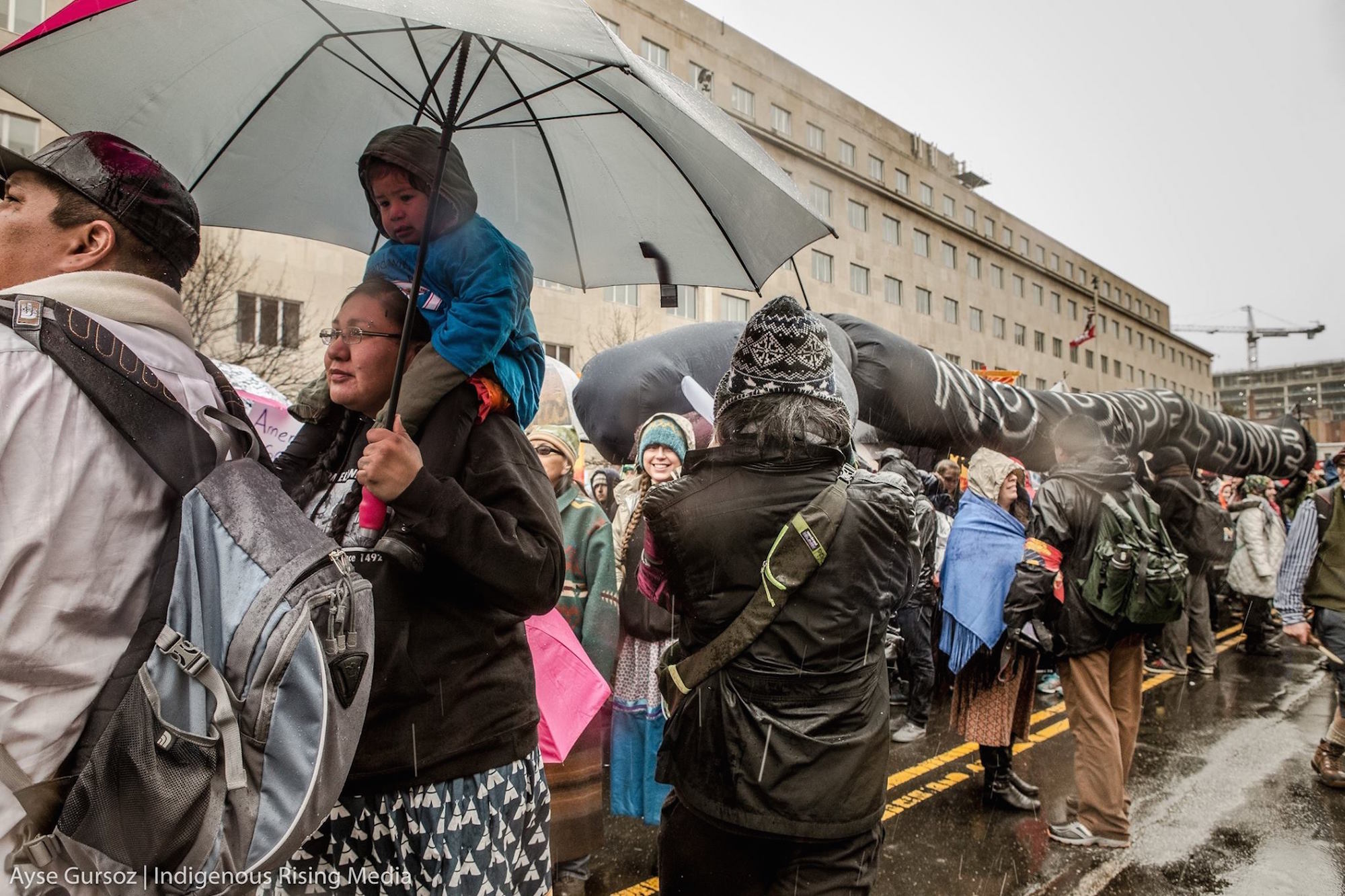Chubb’s Conservation and Methane Standards for Midstream Oil & Gas Remain Inadequate
On April 24th, 2024 Chubb quietly published new conservation-based criteria for its underwriting of midstream oil and gas operations.
“Natural” Gas is Methane
A decade ago, Rainforest Action Network coined the term “Conflict Palm Oil.” It was a part of a concerted effort to rebrand the most widely used vegetable oil in the…
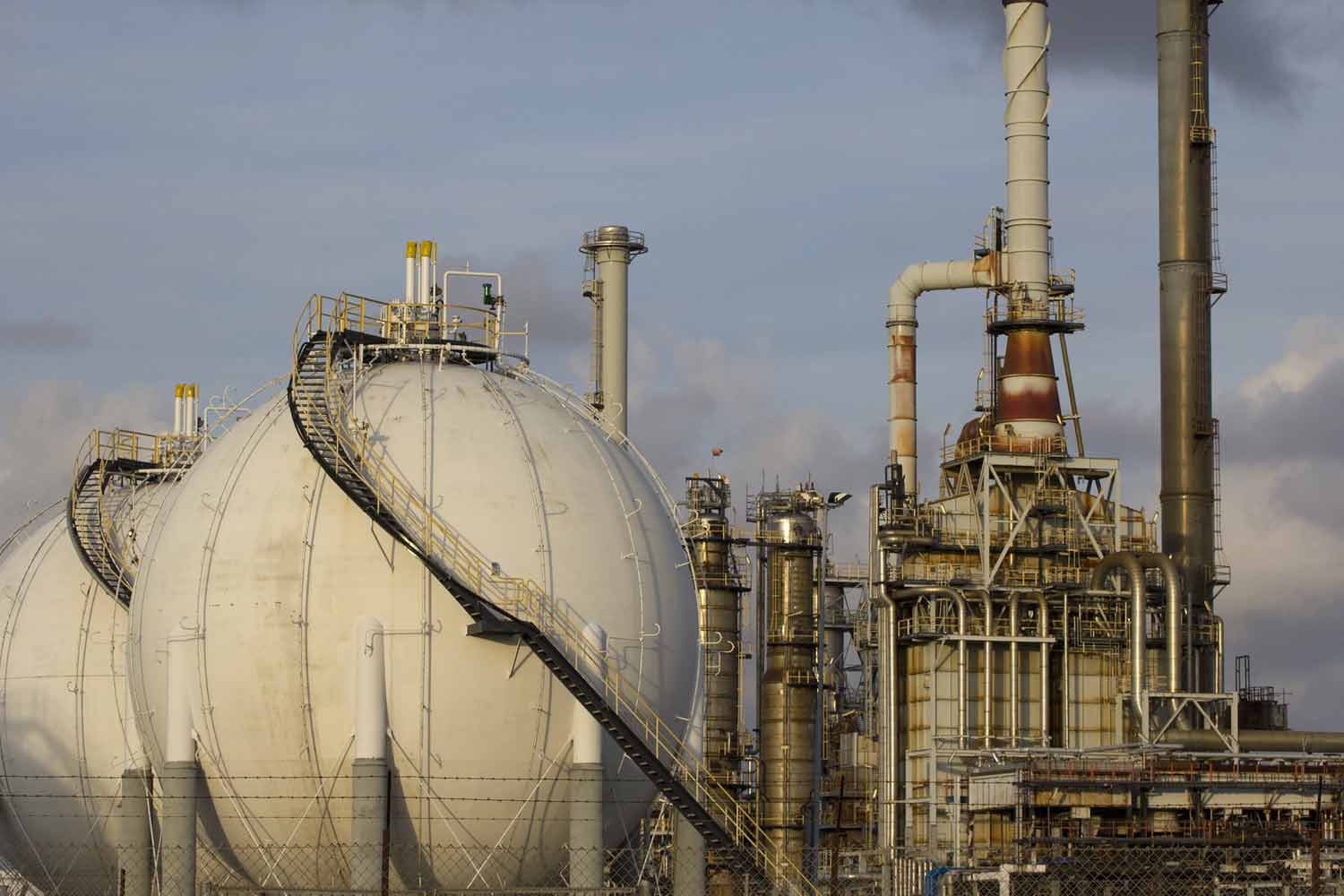
2023 Update: Rio Grande LNG Final Investment Decision | Rio Grande Valley at Risk from Fracked-gas Export Terminals
Despite the long delays and risks clearly laid out in each of the three editions of this report, NextDecade announced a final investment decision (FID) for the proposed Rio Grande LNG project in July 2023.
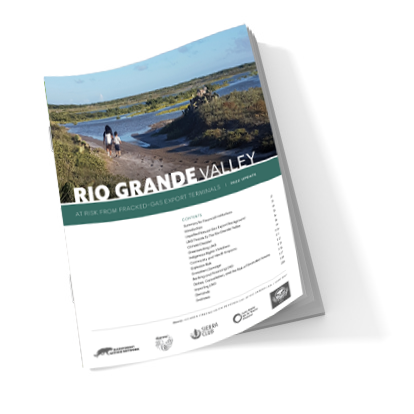
Methane Gas from LNG Production is a Climate Emergency
This is an opinion piece by RAN’s Climate & Energy Program Director, Aditi Sen, originally published in Newsweek. Due to climate change parts of India, where I’m from, are questioning…

South Texas Communities and International Allies Condemn Rio Grande LNG’s Contract With French Petrochemical Giant
Texas and France – The French oil and gas giant TotalEnergies announced today that they have secured a contract detailing their investments in Rio Grande LNG, a methane export terminal…
Bridge to the Ancestors: Indigenous Youth-led Run/Walk Raises Awareness on Extractive Industries Impact Across Texas
This is an opinion piece by RAN Energy Finance Campaigner, Mary Lovell. Last month, I had the honor and privilege of joining 25 grassroots organizers for the 600-mile Carrizo Comecrudo…
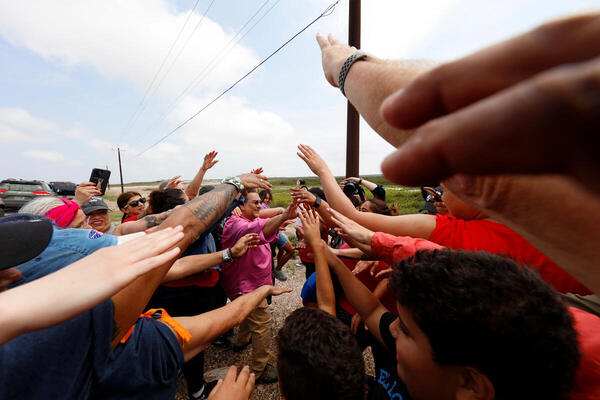
Rio Grande Valley: At Risk from From Fracked Gas Terminals
Years of sustained local community resistance and international support has kept three liquefied natural gas projects (aka LNG or fracked gas) at bay in the southern Texas border town of…
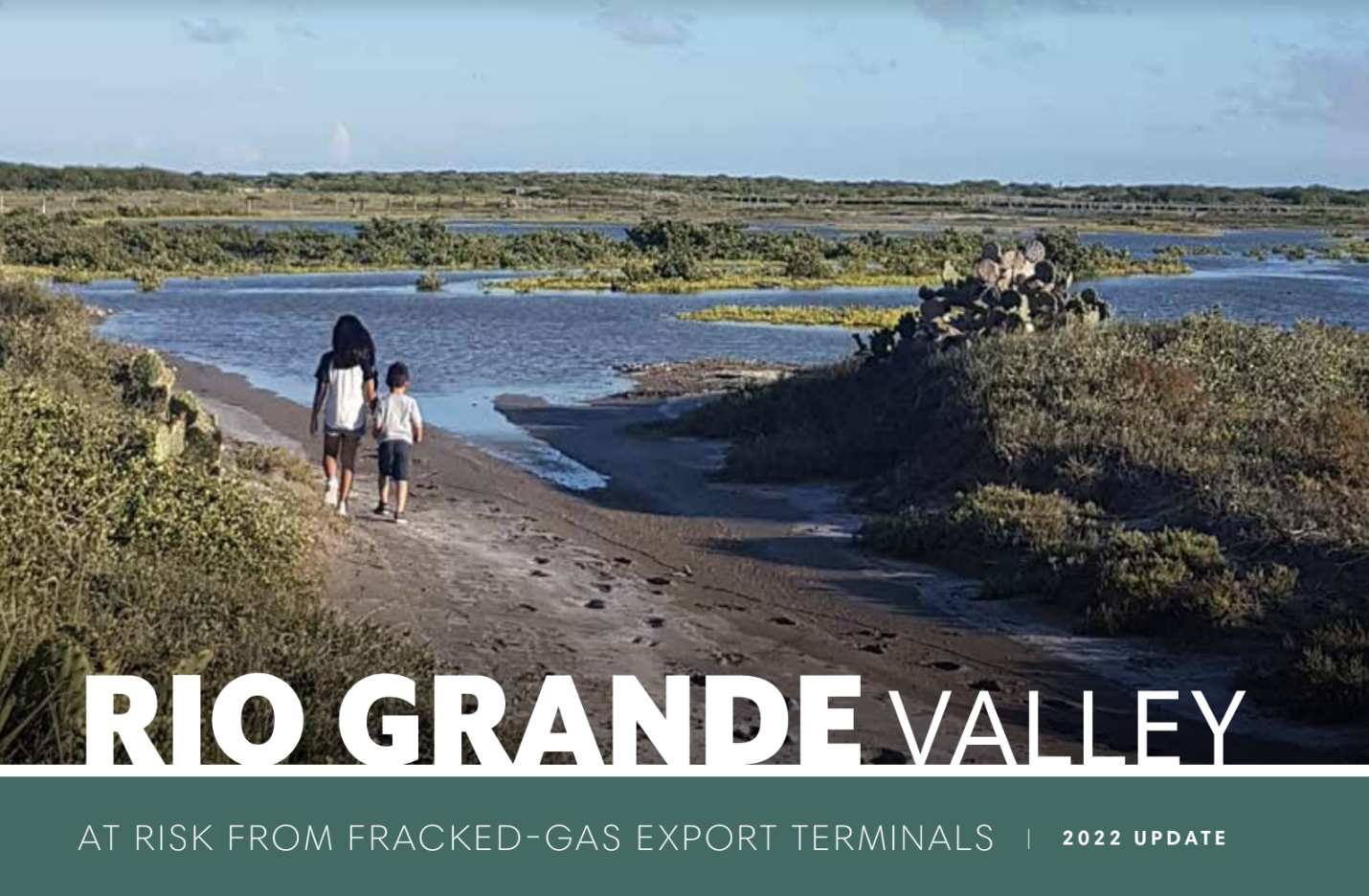
Case Study: Mozambique LNG Projects
This blog was originally published as a case study in “Banking on Climate Chaos: Fossil Fuel Finance Report 2021” — a report by Rainforest Action Network, BankTrack, Indigenous Environmental Network,…
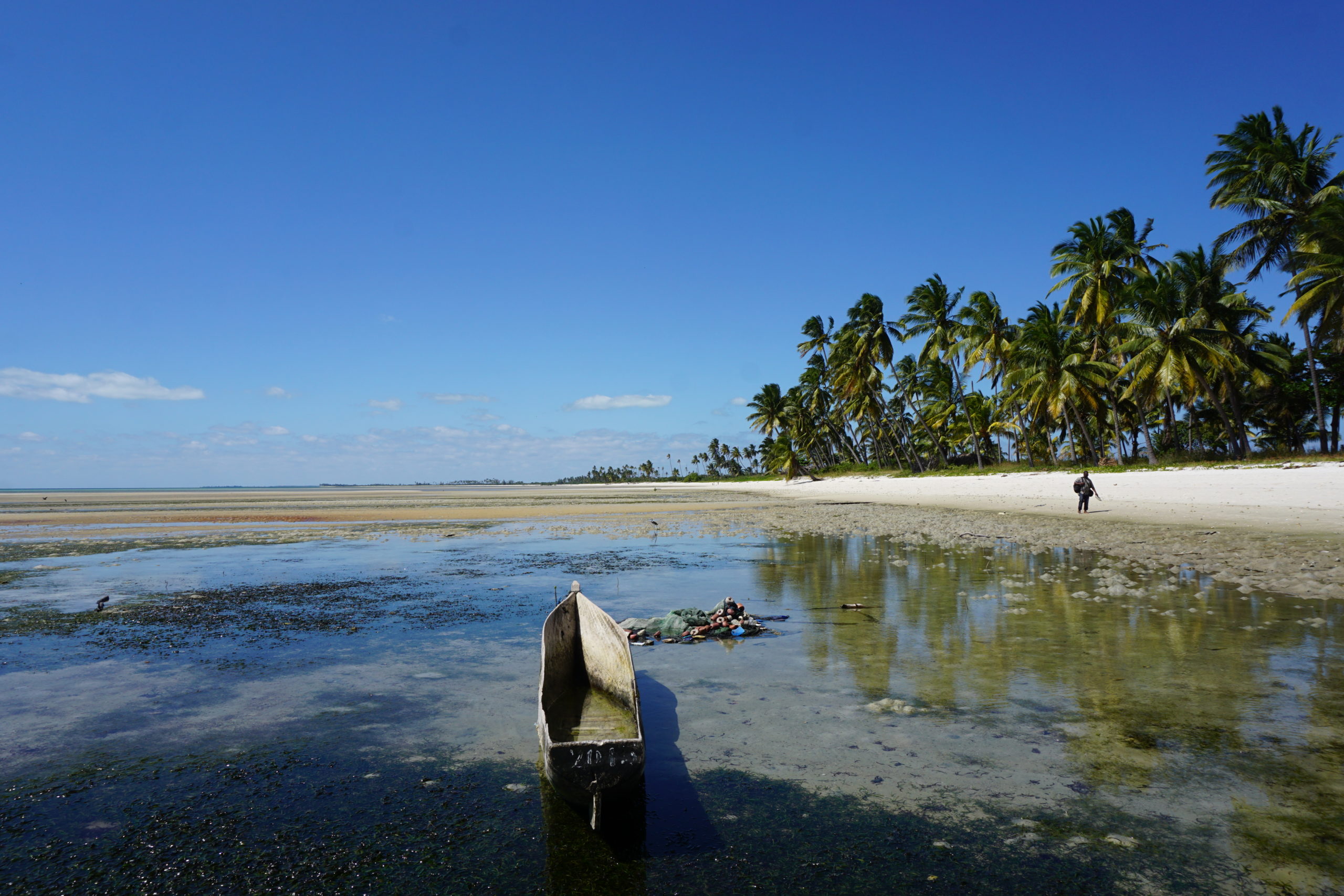
No New Fossil Fuel Projects: Halt Pipelines and Terminals
Indigenous and frontline activists are leading the fight against fossil fuel infrastructure threatening their communities, habitat and the climate. We could be on the road to a new energy future if we simply redirect the money slated for fossil fuels into sustainable alternatives. Big banks need to stop investing in dirty fossil fuels, violating Indigenous rights, polluting sacred waterways, and destroying the global climate, and start funding the future.
